This Sunglasses Company Has All Of You Fooled — And It’s Brilliant
这家太阳镜公司把你们都骗了–而且很聪明
The mastery of a remote Italian sunglass company.
一家遥远的意大利太阳镜公司的高手。
At a sunglasses store, you’ll often see competing brands stacked next to each other, positioned for easy comparison.
For example, Oakley:
在太阳镜商店,你经常会看到相互竞争的品牌堆放在一起,定位在方便比较。
例如,Oakley:
![图片[1]_这家太阳镜公司把你们都骗了–而且很聪明_繁木网](http://fanmu.com/wp-content/uploads/2021/12/1235128ed9ac-1024x614.jpg)
And Ray-Ban:
![图片[2]_这家太阳镜公司把你们都骗了–而且很聪明_繁木网](http://fanmu.com/wp-content/uploads/2021/12/aa7fecc6a7bb.jpg)
Are often seen as competitors. A sales rep will offer you varying accounts on each. People even argue over which is best.
Yet within all this silly sunglasses buzz, you’ve all been fooled and don’t even know it.
通常被视为竞争对手。销售代表会给你提供不同的账户。人们甚至为哪个是最好的而争论。
然而,在所有这些愚蠢的太阳镜嗡嗡声中,你们都被愚弄了,甚至不知道。
The First Big Catch
Ray-Bans, Oakleys, and all these seeming competitors —are owned by the same company: Luxottica.
第一个大收获
Ray-Bans、Oakleys和所有这些看起来的竞争对手–都属于同一家公司。Luxottica。
It’s a fact the company keeps fairly hidden. They build up the rivalry between brands, having employees write arguments in comment sections. They run competing advertisements to validate that tension.
这是该公司相当隐蔽的一个事实。他们在品牌之间建立起竞争关系,让员工在评论区写下争论。他们投放竞争性的广告来验证这种紧张关系。
The next time you buy sunglasses, there’s a good chance you see ‘Made in Italy’ somewhere on the product.
Guess where Luxottica is based.
下次你购买太阳镜时,很有可能在产品的某个地方看到 “意大利制造”。
猜猜看Luxottica的总部在哪里。
![图片[3]_这家太阳镜公司把你们都骗了–而且很聪明_繁木网](http://fanmu.com/wp-content/uploads/2021/12/4696fb385101.png)
They don’t just do this with sunglasses. They also own 80% of the eyewear market, including Lens Crafters, Pearle Vision, Oliver People’s. They’re also sole manufacturers for Prada, Chanel, Dolce Gabbana, and Ralph Lauren.
他们不只是在太阳镜上这样做。他们还拥有80%的眼镜市场,包括Lens Crafters, Pearle Vision, Oliver People’s。他们也是普拉达、香奈儿、杜嘉班纳和拉尔夫-劳伦的唯一制造商。
These fake rivalries give the company leverage to hike up their prices. Imagine running commercials against your own products.
But today? Nearly a billion people wear Luxottica eyewear and don’t even know it.
这些虚假的竞争给了公司抬高价格的筹码。想象一下,对自己的产品进行广告宣传。
但今天呢?有近10亿人戴着Luxottica的眼镜而不自知。
Luxottica’s strategy is common in fight promotions. Promoters hold press conferences with two combatants sitting and acting like they genuinely hate one another. In reality, the two fighters are often texting jokes to each other in their off-hours. Most fighters beat each other up every day in training. It’s normal for them. We sit here thinking it’s a blood feud and open our wallets.
Luxottica的策略在格斗推广中很常见。发起人召开新闻发布会,两个战斗人员坐在一起,表现得好像他们真的很讨厌对方。实际上,这两位拳手在休息时间经常给对方发短信开玩笑。大多数拳手每天都在训练中互相殴打。这对他们来说是正常的。我们坐在这里认为这是一场血海深仇,并打开了我们的钱包。
Luxottica’s marketing strategy more resembles professional wrestling — which makes just as much money as any fighting sport.
Luxottica的营销策略更类似于职业摔跤–它和任何格斗运动一样能赚钱。
The Added Brilliance of This Maneuver
Ultimately, a marketer’s job is to increase the perceived value of a given product above its intrinsic need (“This isn’t just any pencil…”). It’s all about the pizazz.
If you go back 20 years, you’d find that most mid-range sunglasses sold for a mere $30-$40.
Today, it’s hard to find comparable units without paying hundreds of dollars. Meanwhile, there’s been no significant increase in the quality of their products to coincide with that price inflation.
这种手法的附加魅力
归根结底,营销人员的工作是提高一个特定产品的感知价值,使其高于内在需求(”这不是普通的铅笔……”)。这都是关于炫耀的问题。
如果你回到20年前,你会发现大多数中档太阳镜只卖30-40美元。
今天,不花几百美元就很难找到类似的产品。同时,他们产品的质量并没有随着价格的上涨而有明显的提高。
![图片[4]_这家太阳镜公司把你们都骗了–而且很聪明_繁木网](http://fanmu.com/wp-content/uploads/2021/12/f8a40ec44da7.png)
The above glasses have well above a 60% profit margin.
Has Luxottica done this via brilliant marketing? Or is this a monopoly in practice?
They’re certainly a price maker (they set a price and everyone follows).
Luxottica claims, defensively, that they aren’t a monopoly, that they’ve simply revolutionized how we see glasses, making them cool versus years prior:
上述眼镜的利润率远远高于60%。
Luxottica是通过出色的市场营销做到这一点的吗?还是说这是一种实际的垄断?
他们当然是一个价格制定者(他们制定价格,所有人都会跟随)。
Luxottica公司辩解说,他们不是垄断者,他们只是彻底改变了我们看待眼镜的方式,使它们比以前更酷。
![图片[5]_这家太阳镜公司把你们都骗了–而且很聪明_繁木网](http://fanmu.com/wp-content/uploads/2021/12/9df1ea980e23-1024x682.jpg)
They say they put the investment upfront, creating a product that has more mass appeal.
But that is only a partial truth — they acquired most of the brands in the 2000s. They also own the manufacturing and distribution facilities.
In Luxottica’s defense, they aren’t the only ones playing the ‘secret competitors game’. Many of General Motors Brands seem in competition:
他们说他们把投资放在了前期,创造了一个更具有大众吸引力的产品。
但这只是部分事实–他们在2000年代收购了大部分品牌。他们还拥有制造和分销设施。
在Luxottica的辩护中,他们并不是唯一玩 “秘密竞争对手游戏 “的人。通用汽车的许多品牌似乎都在竞争。
![图片[6]_这家太阳镜公司把你们都骗了–而且很聪明_繁木网](http://fanmu.com/wp-content/uploads/2021/12/947df734cc0b.png)
Shampoo brands like L’Oréal and Estée Lauder are the same company. Proctor & Gamble owns a ton of competing products.
欧莱雅和雅诗兰黛等洗发水品牌是同一家公司。宝洁公司拥有大量的竞争产品。
The conclusion and takeaway
As marketers, we need to think laterally about what we are doing. Marketing isn’t a silo that lives independent of externalities. It’s at the mercy of finance, competition, personalities, supply chains, access to resources, and more.
I don’t know that buying your competitors is a tangible step for most of us. Luxottica is more a case study, to understand the value of turning left when others turn right.
Ultimately, this is all about the illusion of choice. You can do it with prices, making your one product way more expensive, just to make your high-margin product more appealing. And you can do it by inventing a nemesis brand. Choose your poison.
I’ll end with a famous marketing joke that best illustrates this. It’s called “Two Beggars”:
结论和启示
作为营销人员,我们需要横向思考我们在做什么。营销不是一个独立于外部因素的筒仓。它受制于金融、竞争、个性、供应链、资源的获取等等。
我不知道对我们大多数人来说,购买你的竞争对手是一个切实可行的步骤。Luxottica更像是一个案例研究,以了解在别人向右转时向左转的价值。
归根结底,这都是关于选择的幻觉。你可以通过价格来做到这一点,使你的一种产品更加昂贵,只是为了使你的高利润产品更加吸引人。你也可以通过发明一个克星品牌来做到这一点。选择你的毒药。
最后,我想用一个著名的营销笑话来说明这一点。它被称为 “两个乞丐”。
Two beggars are sitting side by side on a street in Rome.
One has a cross in front of him; the other one the Star of David. Many people go by and look at both beggars, but only put money into the hat of the beggar sitting behind the cross.
A priest comes by, stops and watches throngs of people giving money to the beggar behind the cross, but none give to the beggar behind the Star of David.
Finally, the priest goes over to the beggar behind the Star of David and says, “My poor fellow, don’t you understand? This is a Catholic country; this city is the seat of Catholicism. People aren’t going to give you money if you sit there with a Star of David in front of you, especially when you’re sitting beside a beggar who has a cross. In fact, they would probably give to him just out of spite.”
The beggar behind the Star of David listened to the priest, turned to the other beggar with the cross and said: “Moishe, look who’s trying to teach the Goldstein brothers about marketing.”
两个乞丐并排坐在罗马的一条街道上。
一个人面前有一个十字架;另一个人面前有大卫之星。许多人经过,看着这两个乞丐,但只往坐在十字架后面的那个乞丐的帽子里投钱。
一位牧师走过来,停下来,看着成群结队的人把钱交给十字架后面的乞丐,但没有人把钱交给大卫之星后面的乞丐。
最后,神父走到大卫之星后面的乞丐面前,说:”我可怜的家伙,你还不明白吗?这是一个天主教国家;这个城市是天主教的所在地。如果你坐在那里,面前摆着大卫之星,人们是不会给你钱的,特别是当你坐在一个有十字架的乞丐旁边时。事实上,他们可能只是出于怨恨而给他。”
大卫星后面的乞丐听了牧师的话,转身对另一个拿着十字架的乞丐说。”莫伊谢,看看是谁在试图教导戈尔茨坦兄弟的营销”。


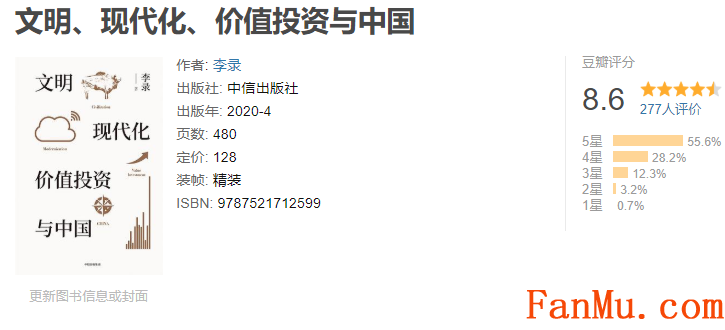
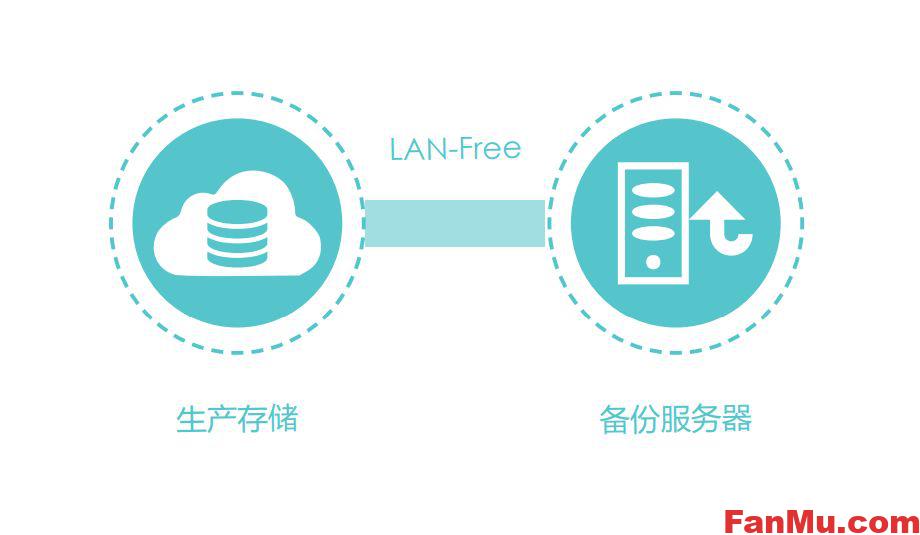
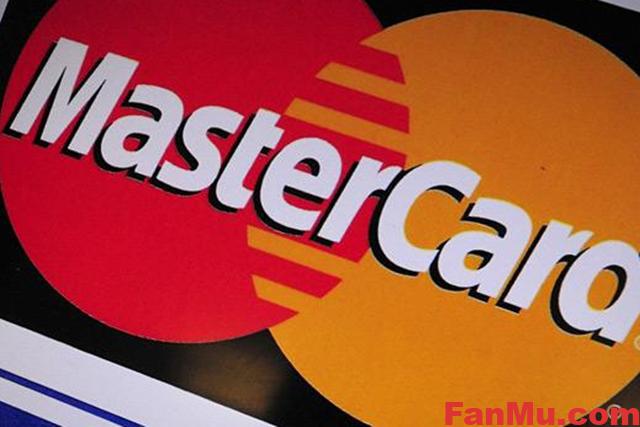
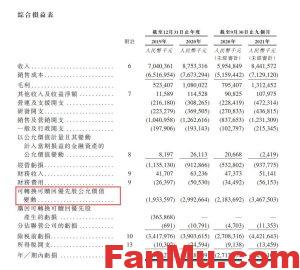
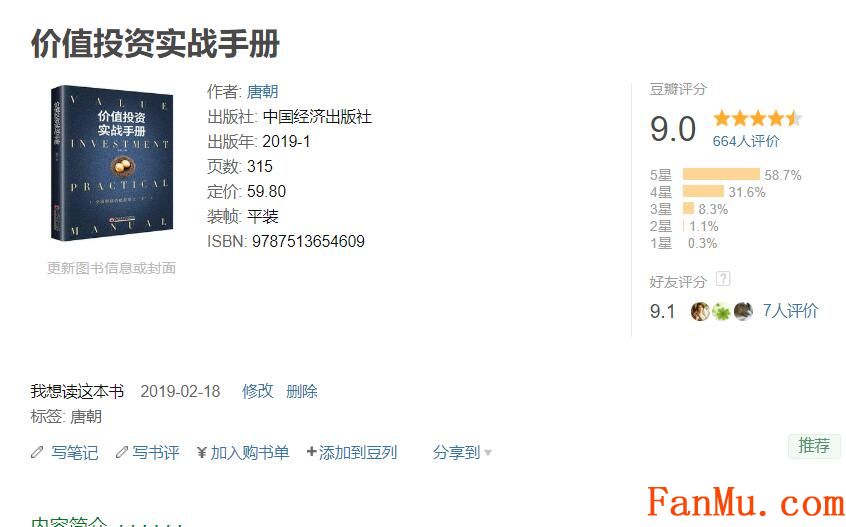
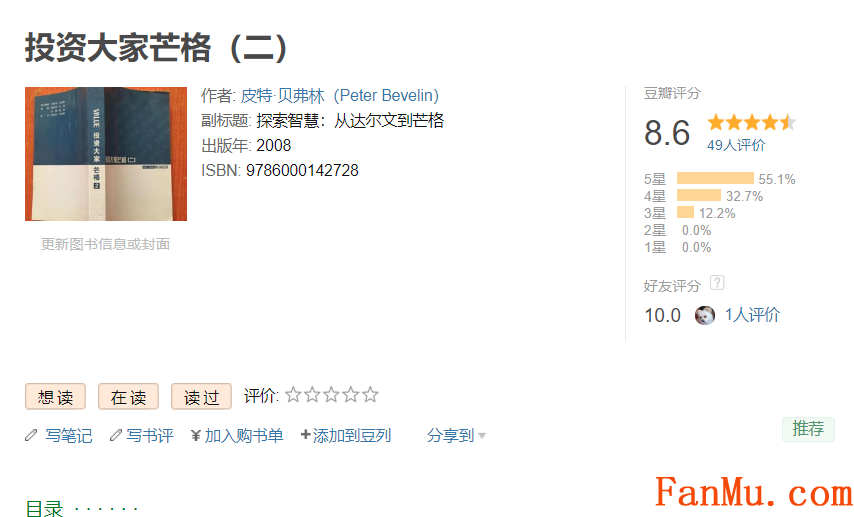
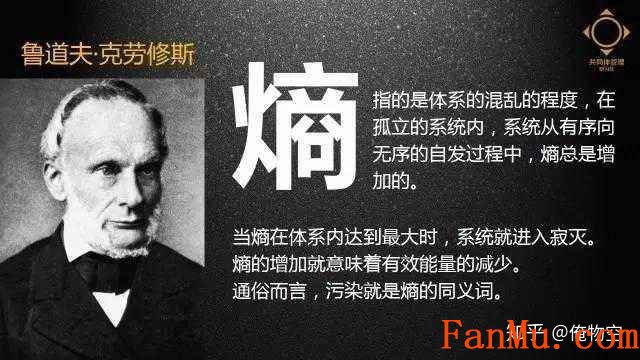
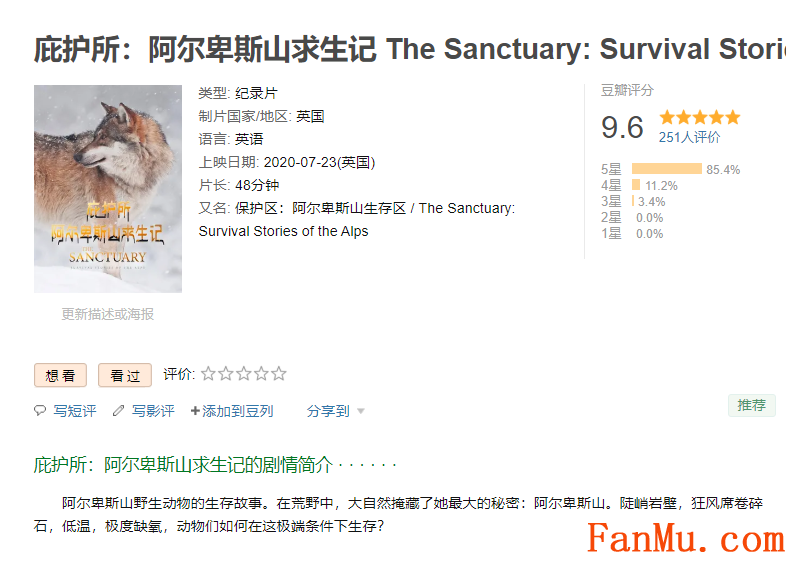


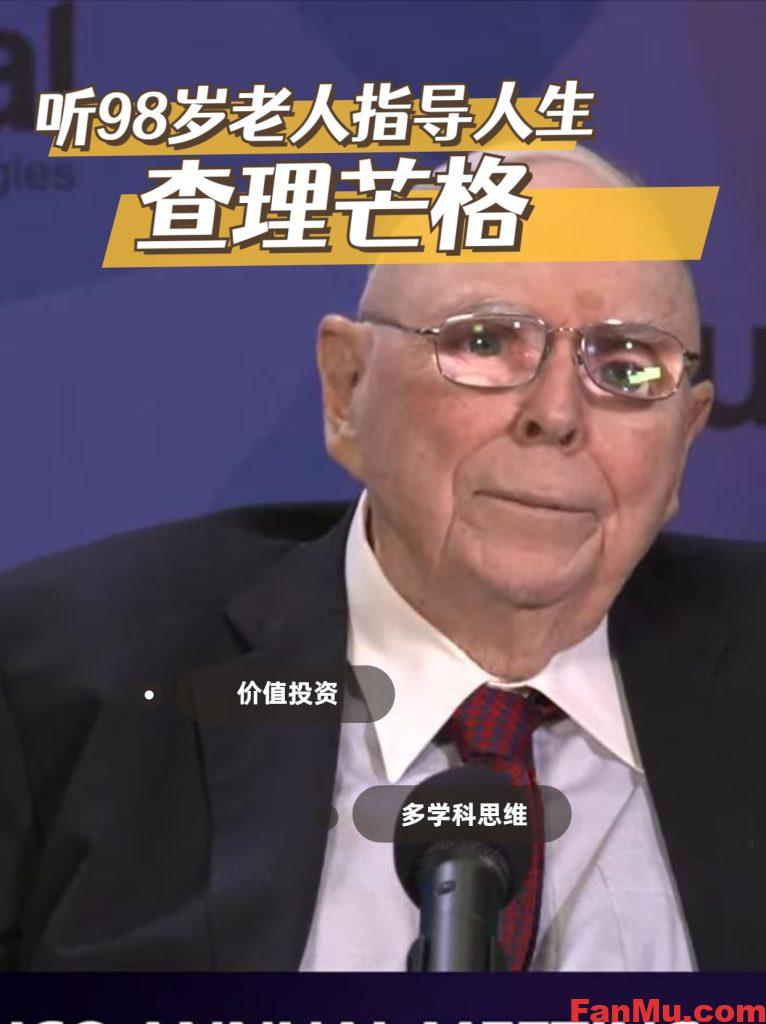
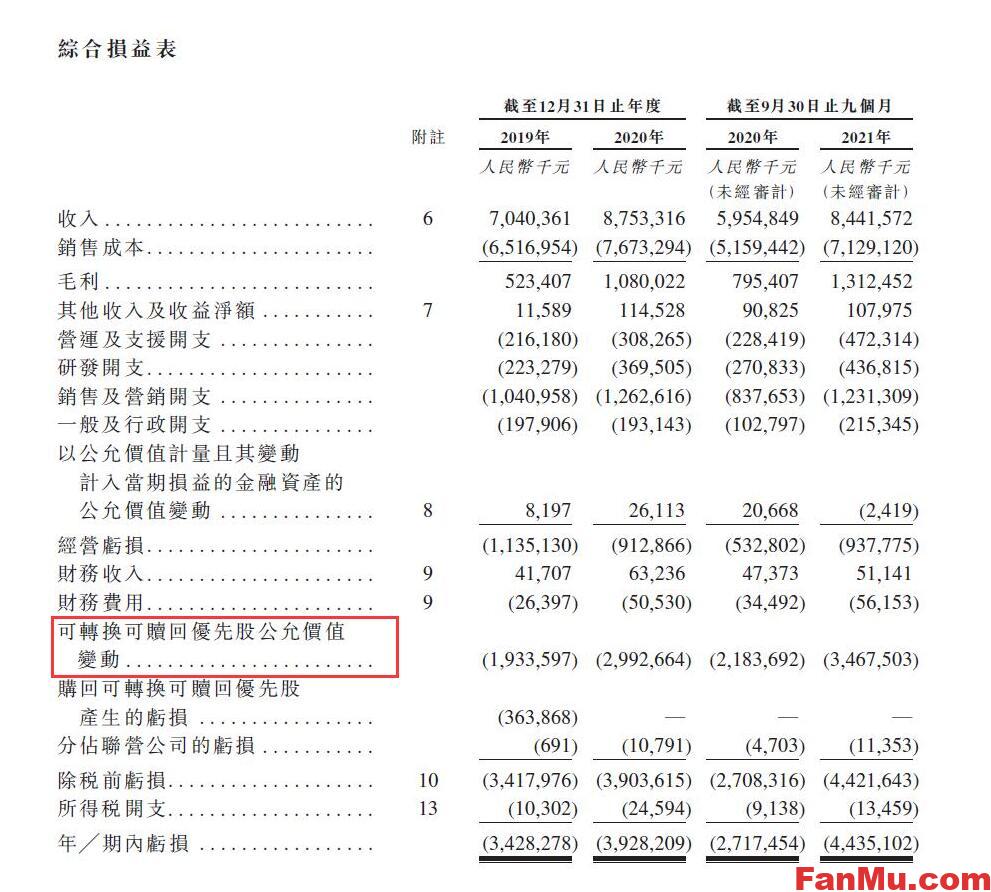


暂无评论内容